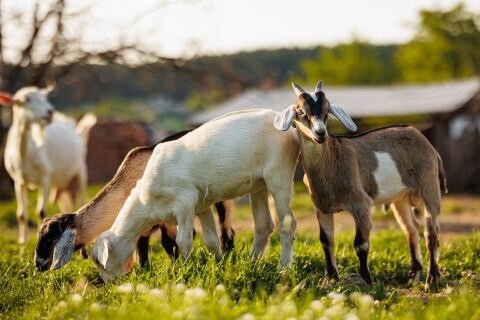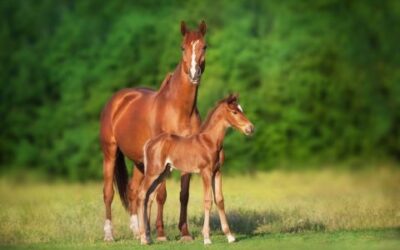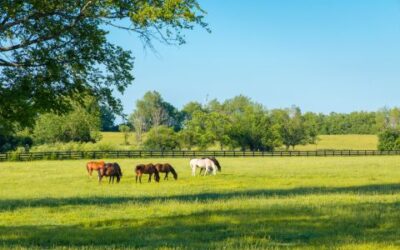
Providing the right nutrition is paramount to maintaining the health and well-being of goats. These versatile animals have specific dietary requirements that, when met, contribute to their vitality and productivity. Whether you’re a seasoned goat keeper or a newcomer to caprine care, grasping the essential aspects of goat nutrition is crucial. Understanding goat dietary needs will help you reduce the cost of care and improve the lives of your animals.
Goats are natural foragers, and their diet should primarily consist of high-quality forage, such as grasses, legumes, and chopped forage. Pasture grazing allows goats to meet their nutritional needs while exhibiting their natural behavior. However, it’s essential to understand that not all plants are suitable for goats, as some can be toxic and harmful to their health. That’s why proper goat nutrition relies on your careful attention, especially when it comes to grazing.
In addition to forage, goats may require supplemental feeding, especially when the forage quality is inadequate. Providing a balanced goat feed that meets their specific nutritional requirements is key. Goat feed often includes a mix of grains, protein sources, minerals, and vitamins. It’s important to choose feeds designed for the life stage and purpose of your goats, whether they are growing kids, lactating does, or mature adults.
Water is a fundamental component of a goat’s diet. Ensure that goats have constant access to clean and fresh water. Adequate hydration is vital for digestion, nutrient absorption, and overall health. Goats can be sensitive to changes in water quality, so it’s essential to monitor water sources regularly. Goat dietary needs depend heavily on consumption of potable water, so take the time to ensure theirs is clean and free of pathogens.
Minerals play an integral role in maintaining the health of goats. A mineral supplement with essential elements like calcium, phosphorus, salt, and trace minerals should be provided. Mineral needs may vary based on factors such as age, reproductive status, and geographical location, so it’s advisable to consult with a veterinarian or a livestock nutritionist for tailored advice.
One aspect of goat nutrition that requires attention is their susceptibility to internal parasites. Parasite infestations can impact a goat’s overall health and productivity. Implementing a strategic deworming program, rotating pastures, and practicing good sanitation are essential measures to mitigate the risk of internal parasites.
Understanding the body condition of your goats is a valuable skill in gauging their nutritional status. Monitoring weight, assessing coat quality, and observing general behavior can provide insights into whether your goats are receiving the right nutrition. Adjustments to their diet may be necessary based on seasonal changes, life stages, or specific health considerations.
It’s important to note that individual goats within a herd may have different nutritional needs. Tailor your feeding program to accommodate variations in age, sex, breed, and health status. Observing each goat’s behavior during feeding can also help identify if any individual is being excluded from accessing food. By meeting their dietary needs, goats will be able to socialize with the herd and lead happier lives.
In conclusion, a well-balanced diet is essential for the overall health and productivity of goats. Providing access to high-quality forage, offering appropriate supplements, ensuring constant access to clean water, and monitoring for signs of health issues are essential components of goat nutrition. By understanding and meeting the dietary needs of goats, you contribute to their longevity, reproductive success, and the overall satisfaction of keeping these charming and adaptable animals.




